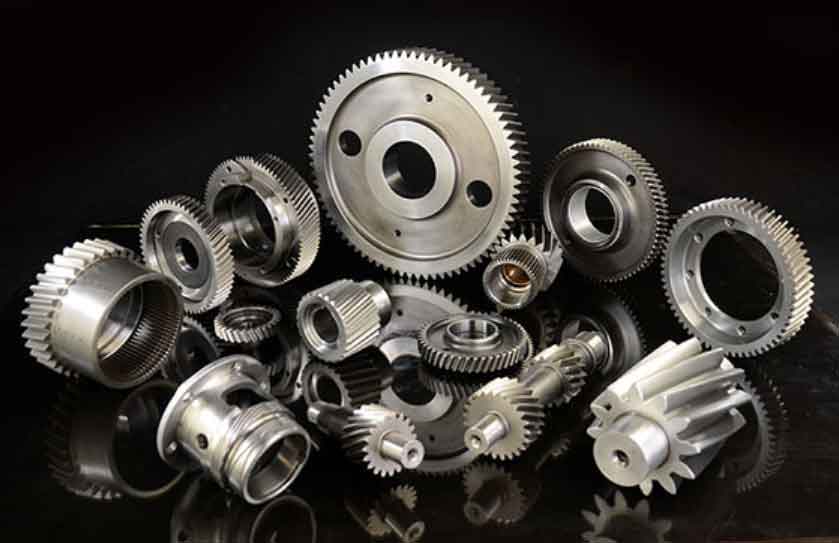
Helical gears play a vital role in industrial gearbox applications, providing efficient power transmission, quiet operation, and improved load-carrying capacity. Let’s explore some case studies and analysis showcasing the significance of helical gears in industrial gearboxes:
Case Study 1: Cement Industry
Application: Cement mills in the cement manufacturing process require robust and reliable gearboxes to handle the high torque and heavy loads involved in grinding raw materials and clinker.
Gearbox Type: Helical gearboxes are commonly used in cement mills due to their ability to handle high torque and load-carrying capacity.
Benefits:
- Efficient Power Transmission: Helical gears distribute the load over multiple teeth, ensuring efficient power transmission even under heavy operating conditions.
- Quiet Operation: Helical gears’ gradual tooth engagement reduces noise, creating a quieter working environment for plant personnel.
- Durability: The robust construction of helical gears allows them to withstand the harsh conditions of cement mills, contributing to extended gearbox life.
Case Study 2: Mining Industry
Application: Mining operations involve heavy machinery that requires gearboxes capable of withstanding extreme conditions while transmitting power efficiently.
Gearbox Type: Helical bevel gearboxes are commonly used in mining equipment due to their ability to transmit power at an angle and handle high loads.
Benefits:
- Power Transmission at an Angle: Helical bevel gears allow power transmission between non-parallel shafts, making them suitable for various mining equipment, such as conveyors and crushers.
- Improved Efficiency: Helical gears’ smooth meshing action and increased contact area result in higher power transmission efficiency, contributing to reduced energy consumption in mining operations.
- Load-Carrying Capacity: Helical bevel gears can handle heavy loads, ensuring reliable performance in rugged mining environments.
Case Study 3: Steel Industry
Application: Steel rolling mills require gearboxes that can transmit high torque to roll the steel billets and slabs into desired shapes.
Gearbox Type: Helical gearboxes are commonly used in steel rolling mills due to their ability to handle high torque and provide precise speed control.
Benefits:
- High Torque Transmission: Helical gears are well-suited for applications requiring high torque output, making them ideal for steel rolling mills.
- Precise Speed Control: The smooth meshing action of helical gears enables precise speed control, essential for achieving accurate rolling processes.
- Low Noise: The quiet operation of helical gears ensures a quieter working environment for steel mill operators.
Analysis:
Helical gears are preferred in industrial gearbox applications due to their efficiency, load-carrying capacity, and quiet operation. The case studies in the cement, mining, and steel industries demonstrate how helical gears address specific requirements in different industrial sectors. These gears’ ability to handle heavy loads, transmit power efficiently, and provide precise speed control makes them a popular choice in various gearbox applications across industries.
In summary, the use of helical gears in industrial gearboxes significantly contributes to the smooth and efficient operation of industrial machinery, enhancing productivity and reliability in diverse industrial settings.
